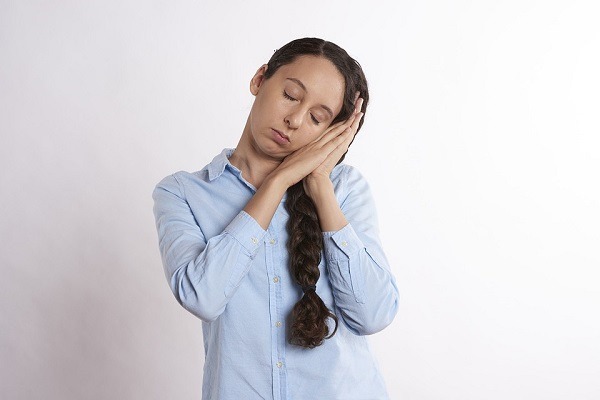As a child, most of us were probably encouraged by our parents to have a nice afternoon nap or siesta to pass the time. Back then, napping seems to be a punishment because you cannot go out and play. But now that you’re all grown up, napping seems to be a rewarding experience, right? Getting that much-needed shut-eye to refresh your mind and body just before you face your workload is a great idea. But some experts say that napping can have bad effects on your health such as cardiovascular disease or type-2 diabetes. It’s kind of confusing, is napping good or bad for you? That’s why in this article, we are going to help you by telling you the pros and cons of napping.
The Downside of Napping
Some research says that if you feel sleepy and have the need to take frequent naps almost every day, it could be a sign of an underlying health problem and not their cause. A study that was done in 2014 found that napping for an hour or more every day is associated with a 32 percent spike in mortality risk. In several cases, people who take daytime naps do so because they sleep poorly at night and they cannot maintain being alert and awake during the day. Insomnia happens when a person has trouble sleeping at night and it is linked to all sorts of problem such as obesity and Alzheimer’s. If you feel like you’re still tired during the day even if you feel like you had a good night’s sleep, an underlying health condition, like sleep apnea, could be to blame.
Experts also say that napping could also have negative effects like sleep inertia where you still feel disoriented and groggy after you take a nap, and nighttime sleep problems because frequent and long naps can interfere with your nighttime sleep.
The Upside of Napping
While long naps can be a sign of trouble, experts say that a power nap that lasts for twenty to thirty minutes can give you a range of performance benefits. Deciding to take a quick power nap can help boost your physical coordination and your creativity. And the secret to achieve that is not to lie down for too long. Thirty-minute power naps can also help to improve your mood, increase your alertness, reduce fatigue, and helps relax your body and mind.
The reason why short power naps tend to be beneficial and restorative is that it doesn’t dunk your body and brain into the deep stages of sleep. Because if you descend into the deep stage while napping, you might feel groggy and lightheaded when you wake up.
Are You An Habitual Napper Or Not?
Experts say that people who are not habitual nappers often falls into a deep sleep while taking a nap which leaves them feeling groggy. While habitual nappers wake up on their own after 20 or 30 minutes of nap and feel refreshed and energized. And if habitual nappers don’t take their daily daytime naps, they often turn to caffeine, energy drinks, and other stimulants to help them stay sharp and productive.
Napping is almost never a bad thing whether you’re a habitual napper or you just like taking a nap because of exhaustion. Especially if that 30 minutes of shut-eye can help you be more productive and replace a Red Bull or a double-espresso, then that’s a healthy swap. And although this might sound a little hard but skipping your nap and replacing it with some exercise can also improve your odds of sleeping soundly during the night.
But if you are really struggling with sleeping at night or having a hard time keeping yourself away during the day–even if you think had a good night’s sleep, we suggest you talk to your doctor about it.
References
1. http://onlinelibrary.wiley.com/doi/10.1111/j.1365-2869.2008.00718.x/full
2. https://www.ncbi.nlm.nih.gov/pubmed/21075238
3. https://science.nasa.gov/science-news/science-at-nasa/2005/03jun_naps
4. http://www.health.harvard.edu/newsletter_article/napping-may-not-be-such-a-no-no

